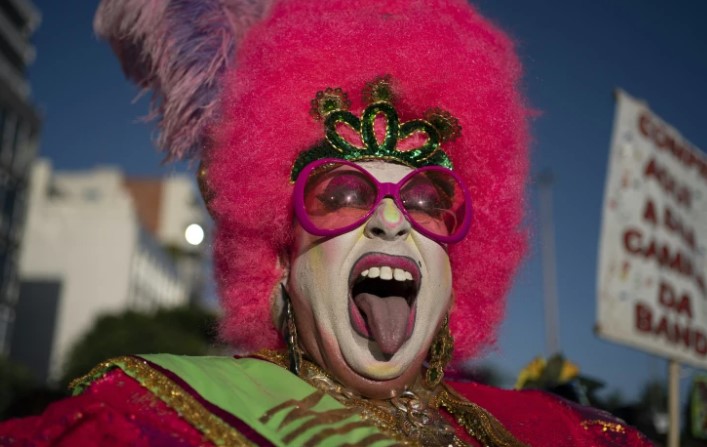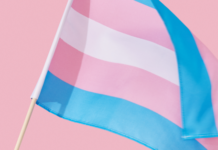In yet another questionable venture by the State Department to achieve foreign policy goals through art, the agency is giving a Latin American country nearly $21,000 to produce drag shows. The goal, according to the government’s grant announcement, is to promote diversity and inclusion by funding three workshops, 12 drag theater performances and a two-minute documentary. The project is part of the State Department’s foreign diplomacy programs, which aim to advance national interests and enhance national security by informing and influencing foreign publics, according to the grant document. The initiative also strives to expand and strengthen the relationship between the people and government of the U.S. and citizens of the rest of the world.
How a dozen drag shows may help accomplish this, in Latin America of all places, remains unclear. The performances typically feature adult men dancing in women’s clothes and heels, exaggerated wigs, and heavy makeup often accentuated with glitter. The American taxpayer dollars to fund the drag shows in the name of diversity and inclusion will go to a nonprofit in Ecuador, a country with a population of around 18 million that elected a conservative president last year. The group is called Centro Ecuatoriano Norteamericano de Cuenca and it is located in the city of Cuenca in southern Ecuador’s Andes mountains. The nonprofit was founded in the late 50s to strengthen ties and friendship with the U.S. with intellectual and cultural exchanges. This includes conferences, concerts, sporting events and English classes for Ecuadoreans. The group’s Spanish-language website also says that its vision includes facilitating “social responsibility” programs sponsored by the U.S. government in Cuenca.
Perhaps the U.S.-funded drag shows meet the Ecuadorean charity’s social responsibility need, though the Biden administration is not offering specifics on how the performances will further the State Department’s diplomatic mission of promoting American foreign policy. A spokesperson for the agency told a national news outlet that the grant is part of “a wide range of strategic programs in Ecuador that incorporate concepts from diversity, inclusion, and representation to equity and accessibility.” The spokesperson added that the grant to the Ecuadorian nonprofit uses the arts to raise awareness about diversity and inclusion. “The program’s goal is to promote tolerance, and the arts provide new opportunities for LGBTQI+ Ecuadorians to express themselves freely and safely,” the State Department spokesperson said in the article.
This is hardly the first time a controversial artistic endeavor abroad receives funding from the State Department. The agency also spent $70,000 on Hip-hop diplomacy even though the music famously promotes violence, misogyny, drugs, and lawlessness. That initiative aimed to promote American culture in India by exploring the commonalities and differences between the south Asian nation and the U.S. through what the State Department calls an “influential music genre.” It was a peculiar choice since Hip-hop, a predominantly African American brand, has a very dark side and is well known for graphic lyrics involving urban violence and the abuse of women. Instead, the State Department celebrates Hip-hop musicians for using “their art to highlight socio-political problems, particularly pertaining to youth in underserved and other minority communities.” The agency claims that Hip-hop will serve as a valuable tool to show the vibrancy and innovative creativity of U.S. society because it exemplifies free expression that promotes values such as pluralism, tolerance, and inclusion.
Keeping with the theme of waste, just a few months ago the State Department allocated $800,000 to study if its $2 million youth violence prevention initiative in El Salvador is effective. It is safe to say the answer is no considering criminal youth gangs are endemic in the impoverished central American nation, but the agency is doling out the extra cash to confirm it. The new probe will focus on the Police Athletic League (PAL) youth outreach program, which Uncle Sam has funded in El Salvador to the tune of $2 million. The money flows through the Bureau of International Narcotics and Law Enforcement Affairs (INL), a State Department offshoot created in the late 70s to reduce drug trafficking into the U.S. from Latin America. The INL claims to keep Americans safe by countering crime, illegal drugs, and instability abroad. It is handsomely funded by Congress and the State Department requested $456.8 million for its drug-related programs in fiscal year 2022. The funds help strengthen the rule of law, human rights protections, law enforcement capacity, anti-corruption activities, and other critical efforts around the globe, according to the budget request.

















